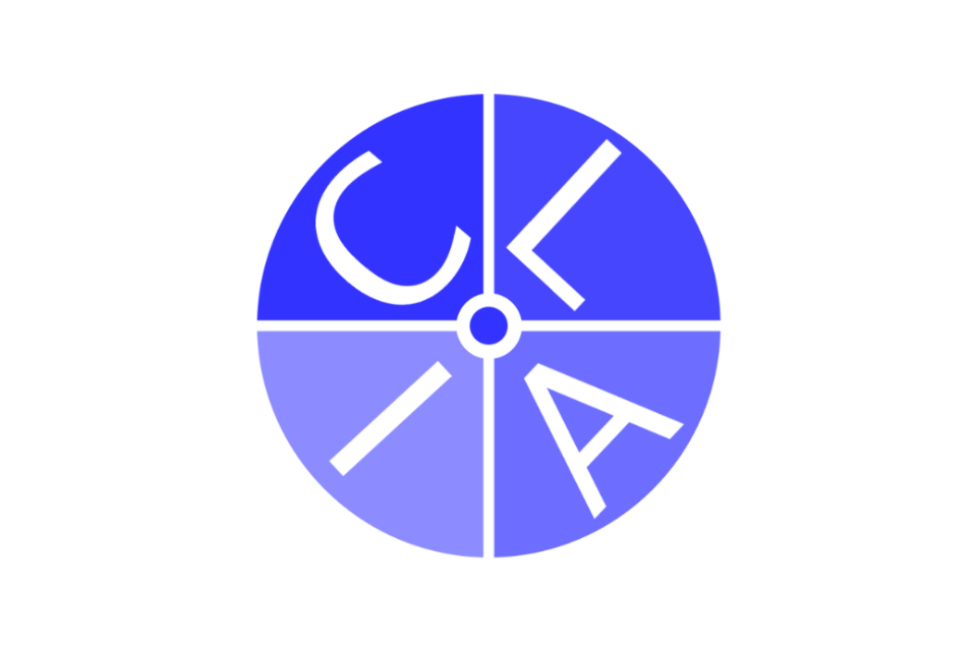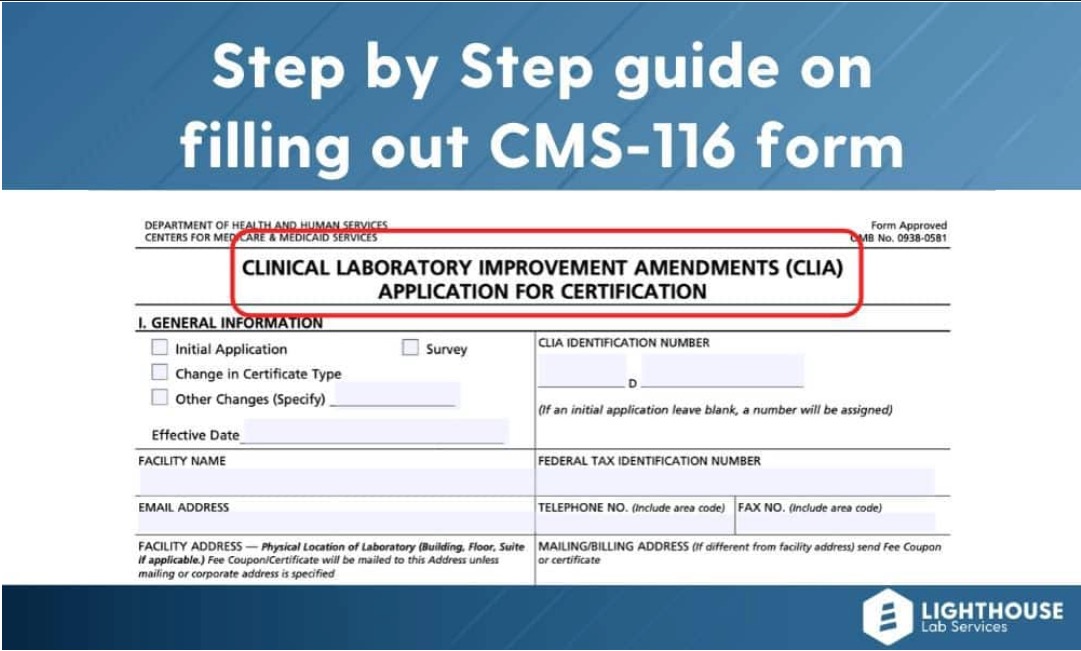
Last Updated on
January 20, 2023
By
Excedr
Did you know there are a total of 260,000 laboratory entities that are CLIA certified in the U.S?
CLIA, an acronym for Clinical Laboratory Improvement Amendments, is a set of government-sanctioned regulations that are to be followed by every U.S. facility or site that tests human specimens for health assessment or to diagnose, prevent, or treat disease. By following these regulations and applying for a waiver, laboratories can become CLIA certified.
In 1988, the U.S Congress passed CLIA to introduce standardized testing measures in the healthcare sector. This was done to ensure that lab testing using human samples follows stringent quality standards to deliver safe results in which the diagnosis, prevention, and treatment of patients could then be assessed.
Whether it is an onsite lab or off-site testing facility, if testing involves human subjects/specimens, complying with CLIA standards is a must.
The CLIA program is governed by three federal agencies:
Applications requesting CLIA Waivers are reviewed by FDA, the certificate is issued by the CMS, and the CDC is responsible for managing the CLIA Committee (CLIAC).
The type/category (set by FDA) of the diagnostic tests is what determines the applicable CLIA certificate.
Here is the list of five different types of CLIA certificates that a laboratory can apply for, based on the complexity of the tests conducted:
For a lab to be functional, it is mandatory to obtain a CLIA certification. However, there are certain labs where this licensing can be waived.
This article will review the Certificate of Waiver and will provide guidance on how to process its application.
Please note that the information provided in this blog is for informational purposes only. We do not offer certification or accreditation services. If you are interested in obtaining certification or accreditation, we recommend contacting the relevant program directly.
A CLIA Waiver Certificate (CW) is legal proof that a particular testing laboratory performs only waived tests and is allowed to bypass certain CLIA regulations.
With a Certificate of CLIA Waiver, a lab is qualified to conduct waived laboratory tests. The validity of the certificate is two years.
This means the lab can only conduct simple testing that involves uncomplicated laboratory procedures and examinations. Tests other than waived tests cannot be performed.
Labs with a Certificate of Waiver still must meet the following requirements under CLIA:
To obtain a CLIA Certificate of Waiver, the lab must fill out and submit the CMS-116 Form on the U.S Department of Health and Human Services website or from your local State Agency.
Based on the complexity of the tests, CLIA tests are categorized into three levels: waived, moderate complexity, and high complexity tests.
CLIA defines waived tests as “Simple laboratory examinations and procedures that have an insignificant risk of an erroneous result.”
Laboratories with a Certificate of Waiver can perform waived tests. These are approved for a waiver under CLIA criteria.
Over 1,400 test systems have been waived as they meet the following requirements:
An example of a waived test is the popular blood glucose testing device used to monitor blood glucose levels at home.
To access the full list of waived tests, visit the FDA website.
CLIA is a program made of federal regulatory standards, while COLA and CAP are accreditation bodies. However, CLIA, COLA, and CAP are all responsible for validating high lab testing standards.
As a laboratory accreditor, COLA is focused on the quality systems shaping organizations, patient care, healthcare workflows, and laboratory quality, as well as the accuracy and reliability of the results produced by the labs.
CAP, the College of American Pathologists, accredits laboratories performing tests on human beings and human specimens. Under the CAP accreditation program, CAP inspection is performed in laboratories to ensure accurate test results, quality assurance, quality control, timeliness, and accurate patient diagnoses.
CLIA, on the other hand, is a set of guidelines to be followed by any functional laboratory. CAP-accredited labs exceed CLIA requirements and assure the most comprehensive laboratory standards. To obtain CAP accreditation, compliance with CLIA standards is needed.
A CLIA Waiver can be obtained by filling out and submitting a CMS-116 Form.
A step by step guide to preparing a CLIA application is as follows:

The first step is to know all the right guidelines that are to be followed and what you can expect. Begin by reviewing the official Regulations and Guidance, a document that provides a detailed view of the CLIA Waiver protocols, applications, and categorization procedures.
If you are a device manufacturer, then consider these respective CLIA Waiver application recommendations.
The next step is to check if your lab and respective personnel fulfill the waiver eligibility criteria. Verify your CLIA qualifications for the waiver before submitting your application.
The CDC has also set recommendations for Good Laboratory Practices for Waived Testing Sites.
If your lab is conducting a clinical study, the advantage is that there is room for a “Pre-submission.” A planned protocol or study design can be shared with the FDA for early feedback and can be used to later support your application for a certificate of waiver.
Follow these guidelines for more information.
Once you’ve reviewed your qualifications, you can begin the CMS-116 application form. Download Form CMS-116 and review the detailed instructions on completion on Page 6.
You will be asked to fill in the following details:
Complete all the sections of the applications and review them carefully. Incomplete applications are rejected.
Use the Laboratory Quick Start Guide To CMS CLIA certification to learn more about the CLIA Waiver application.
The final step is to send the CMS-116 form to the respective State Agency by mail or email. Make sure all the paperwork is in place, and all fields have been filled.
For in vitro diagnostic devices, applications will be reviewed by the FDA’s Center for Devices and Radiological Health (CDRH).
Once the basic requirements are met and CMS reviews and approve the application, a Certificate of Waiver will be issued. The certificate will include a ten-character alpha-numeric CLIA number. This identification number is unique for every submission and is used for tracking the laboratory.
The CLIA program ensures quality lab testing in the U.S. For a hassle-free CLIA waiver application process, your lab setup should make sure to uphold high-quality standards and follow all the right guidelines—to accomplish that task more easily, your lab needs high-quality equipment.
However, if your business is operating on a tight budget, purchasing might not make sense financially. Dealing with lenders like a bank often means jumping through countless hoops, but Excedr’s flexible equipment lease program makes equipment procurement simpler. In fact, it’s an excellent, creative solution for both certified and non-certified (but soon to be) testing labs looking to outfit a new space or scale up its operations.
With Excedr’s leasing program, laboratories can access the latest equipment without impeding their budget. By leasing the equipment you need, you can save on upfront costs, speed up your research and development, and reach milestones faster. Contact us today to learn more.